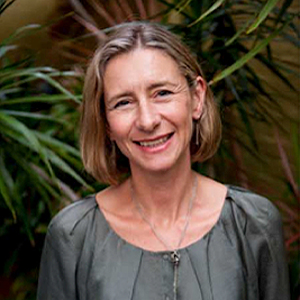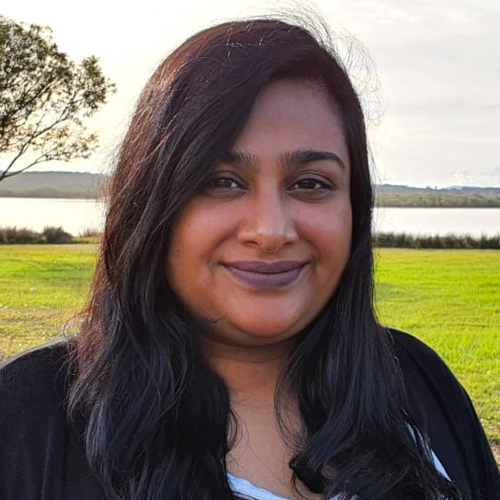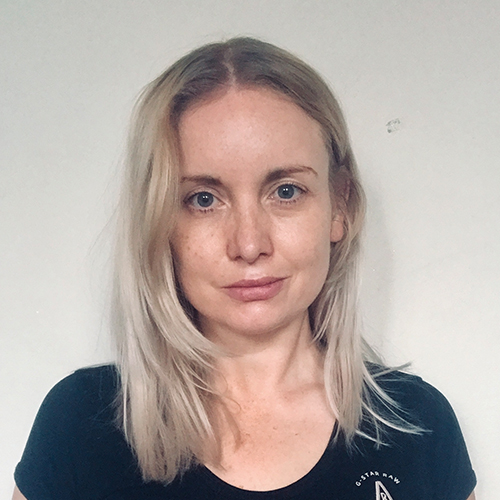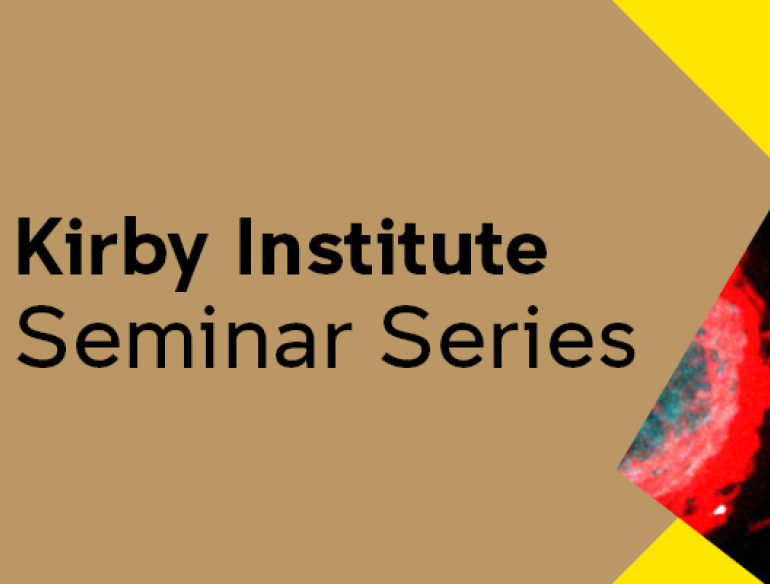Please click on the link just before the start of the webinar
Abstract
The 2023 Conference on Retroviruses and Opportunistic Infections (CROI) was held in Seattle from 19 - 22 February. Several of our colleagues attended this important international conference and four will be presenting their important research at this seminar.
Professor Gail Matthews will present a talk on D²EFT, an international randomised trial comparing dolutegravir (DTG) with ritonavir boosted darunavir (DRV/r) versus DTG with fixed tenofovir and lamivudine or emtricitabine (TDF/XTC) versus standard of care in adults living with HIV-1 whose first-line Non-Nucleoside Reverse Transcriptase Inhibitor-Based Regimens therapy has failed. Primary outcome data will be presented as modified intent to treat analysis including all available data.
Dr Rehana V Hewavisenti will present a talk on T cell responses in human papillomavirus (HPV) driven anal dysplasia. Despite receiving antiretroviral therapy, men who have sex with men living with HIV can exhibit poor HPV clearance resulting in the development of high-grade squamous intraepithelial lesions, a precursor to anal cancer. Multispectral microscopy and spatial transcriptomics were utilised to assess HIV and HPV16 co-infection effects on T cell profile and signalling pathways.
Ms Joanne Carson will talk about the Recently Acquired hepatitis C (HCV) Infection Trial (REACT), which included predominantly gay and bisexual men with HIV. Longitudinal behavioural modelling techniques were used to identify distinct trajectories of sexual and drug use risk behaviours within the population before, during and following HCV treatment. HCV reinfection and STI incidence for the different behavioural trajectories were assessed.
Dr Win Min Han will present a talk on how people in a Thai cohort, living with HIV (PWH) with non-alcoholic fatty liver (NAFLD) with or without non-alcoholic steatohepatitis with significant disease activity and liver fibrosis (NASH) were at increased risks of developing new-onset diabetes mellitus (DM). These data highlight the importance of systematic risk assessments and management of NAFLD and/or NASH for prevention of subsequent complications such as DM and cardiovascular diseases in PWH.
 |
Professor Gail Matthews Gail Matthews is an Infectious Diseases Physician and Program Head of the Therapeutic Research and Vaccine Program at the Kirby Institute. She is also Head of Infectious Diseases at St Vincent's Hospital, Sydney. She is a UNSW Scientia Fellow and holds an NHMRC Career Development Fellowship. |
 |
Dr Rehana V Hewavisenti Rehana V Hewavisenti is an early career researcher with a passion for understanding the roles of T cells in virally-induced cancer. Within the Immunovirology and Pathogenesis Program at the Kirby Institute, her work revolves around translational immunology, T cell biology and HPV virally-driven cancer in immunocompromised individuals. |
 |
Ms Joanne Carson Joanne Carson (BSc MPH) is currently undertaking a PhD in Medicine through the Kirby Institute and the Centre for Big Data Research in Health. Joanne is interested in applying novel statistical methods, including machine learning, to analyse health data with a specific focus on infectious diseases. |
 |
Dr Win Min Han Win Min Han is currently undertaking a PhD at the Kirby Institute. He has worked as a clinical research physician in HIV-NAT, Thailand. Win's PhD projects investigate the treatment outcomes and co-morbidities among people living with HIV in the Asia-Pacific region using a regional observational cohort database (TAHOD) and a long-term HIV cohort in Thailand. |
Opinions expressed by individuals at this event are solely of those of the individual/s and do not necessarily represent the views or opinions of the Kirby Institute or UNSW.
